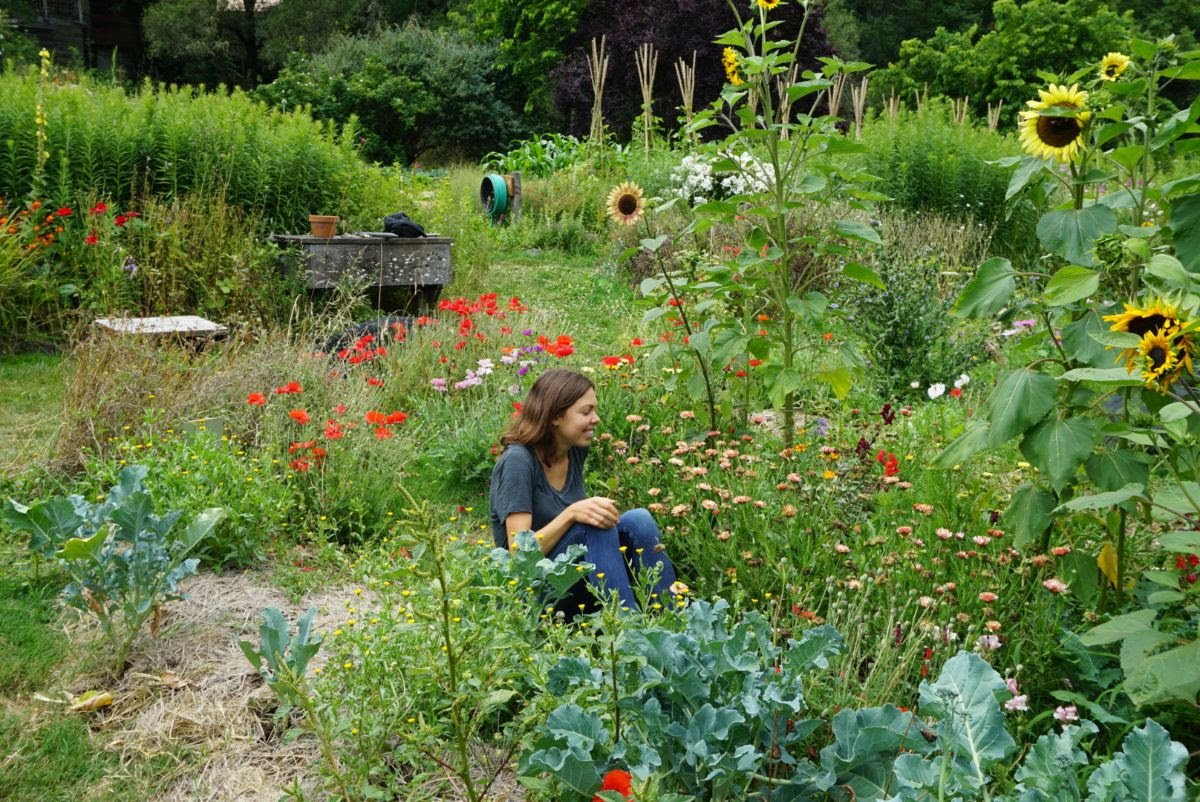Abbey Cmiel
Written by: Abbey Cmiel, Rising Earth Immersion Participant, Fall 2019.
Recently, I've been thinking about what governance really means, and what it would look like in a just society. I am learning the roots of injustice, and how claiming self-governance through localized food, governance, education, water, and health care systems can be a way forward.
This present moment calls for a radical change in the way our society is shaped, and the way people are cared for. Currently, people have very little direct control over how our healthcare, education, and other systems work. As I work on a research project about deforestation due to cattle ranching in Nicaragua, I am struck by how the interests of corporations rule. Because corporations are set up to maximize profit, they are incentivized, and permitted by society, to extract resources no matter the costs.
This causes a trickle down effect of harm to people at every level: the indigenous Miskito people who have sovereignty over the rainforest and are threatened daily, the producers who make next-to-nothing to transport and export cheap timber and beef to the US, and the consumers in the US who must eat cheap beef from a fast food restaurant because they live in a food desert or work multiple jobs. The same story plays out over and over again in every industry, be it production of food, technology, plastics or cars- people and the environment are exploited for the benefit of corporations.
The reality is, there are few people who want the rainforest deforested, or racial injustice, or the deepening of poverty. But our capitalistic structure, in which corporations have power over both the economy and the government, allows for limitless destruction.
But what would it mean if people had governance over the places they lived? What would it mean if we included the interests of the environment and of all people in decision making?
As I learn how to plant garden beds, store fruit, care for the watershed, plant native grasses and perennial seeds, and watch for migratory birds, I am learning to acquaint myself with place. I am learning to make herbal medicines from plants I can grow, to facilitate community decision making, to build places I want to live. I am learning to care deeply for the land where I live and the people I live around.
This corona virus time gives us the chance to visualize a future in which we are grounded in a place, grounded in community, and grounded in our collective liberation.
What would it be like if we localized and regionalized decision making? Rather than corporations deciding which trees to cut down, which pipelines to build, which waters to dam, the people who live there would decide?
What if we all learned about our watersheds, about the food that grows where we live, about the education systems we would want our kids to attend, about the health care systems where we would want to be cared for? What if we listened to the indigenous and other people of place to guide our way forward?
What if rather than fighting corporations to stop producing plastic, stop exploiting black and brown workers, stop funding the destruction of the environment, we could dedicate ourselves to forming local governments, food sheds, watersheds, and life sources that care for all beings?
The only way we can move forward is by re-claiming our sovereignty. We must learn how to govern ourselves, to work with leaders of all races, backgrounds, and knowledge sets. We must envision what it would be like if we had autonomy over our bodies, our places of work, our families, our ecosystems, and our planet.
Here is a powerful article on the interconnections of racial and environmental justice: Racism is Killing the Planet
In love & solidarity. Let's keep learning and building together,





